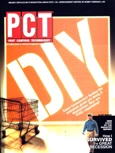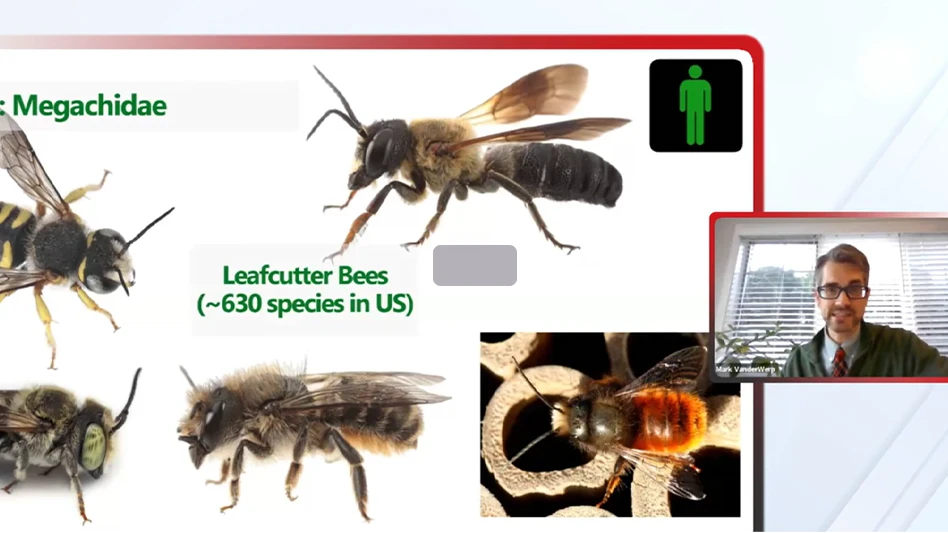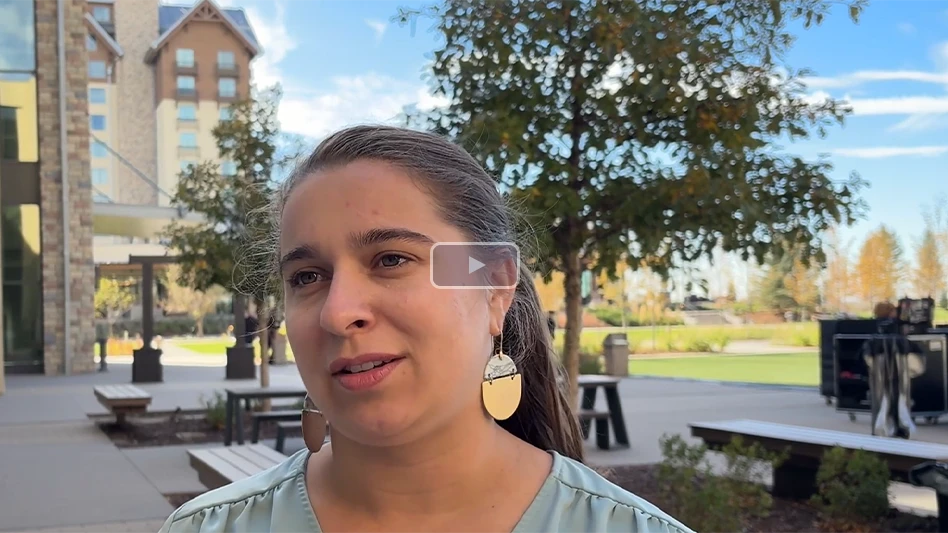Despite the heated debate about health care reform that has dominated the airwaves and newspaper headlines this past summer, the issue that has been front and center for most Americans is the economy. If you talk to PMPs from throughout the United States, as we have done for this month’s issue of PCT magazine, they’ll tell you they’ve never experienced a year with so much economic uncertainty. Yet despite the devastating financial impact of the “Great Recession” on individuals and businesses from Maine to California, the pest management industry has fared relatively well compared to other sectors of the economy such as banking, manufacturing and housing, just to name a few.
What accounts for our industry’s ability to weather economic downturns better than most? It’s largely due to how consumers view the services provided by pest management professionals. While house cleaning and professional lawn care services are considered luxuries that can be cut from a household budget during tough times, the same can’t be said of a termite infestation that threatens a home, or a squirrel problem in an attic. If a homeowner is confronted with either of the aforementioned scenarios, he or she is still going to open up their checkbook to take care of the problem.
That may not be the case for every type of pest management service (i.e., ant control, stored product pests, etc.) and homeowners may attempt to solve these problems themselves, but chances are without a thorough understanding of the biology and control of structural pests they’ll end up calling you eventually anyway. “Our homes are likely our biggest investments, which is why it is important to protect them from pests,” observes Ron Harrison, technical director, Orkin Pest Control. It’s also why homeowners are more likely to invest in a professional pest management service rather than do it themselves. That’s not to say PMPs aren’t at risk of losing some business to the do-it-yourself (DIY) market (see this month’s cover story, “DIY,” pg. 56). It’s just that the threat of losing business to the “big box” stores can be reduced significantly by doing a couple of key things. First, communicate consistently with your customers. “Customers don’t leave because we don’t control pests,” Harrison told PCT. Often it’s because we’ve “stopped talking to them.” Second, during down times, it’s even more critical to provide high-quality pest management services. Customers are already stressed during a recession, so their tolerance for poor service is even lower, and with competitors “beating the bushes” for new business, they have lots of options.
Times like these “make you realize how valuable your existing customer base is,” says Bert Snyder, vice president of Palmetto Exterminators, Charleston, S.C. That’s why during these tough economic times, he and his staff have recommitted themselves to providing the highest quality service possible, making sure they don’t give customers any reason to cancel. That’s sound advice during the best of times, but it’s essential during a recession.
I would like to take a moment to make our readers aware of a unique opportunity to invest in the future of our industry. Pi Chi Omega, the international pest control fraternity, has provided scholarships to college students pursuing a career in urban pest management since 1976. During that time some of the finest minds in the pest management industry, including such well-known names as Bobby Corrigan, Dan Suiter, Dini Miller, Clay Scherer, Jim Cink, Gary Braness, Steven Kells and Robert Kopanic, have been worthy recipients of the scholarships, helping to advance the industry through their “real-world” contributions. If you would like to help the next generation of industry researchers achieve their dreams, or if any of the aforementioned individuals have enhanced your life or advanced your career, I urge you to make a donation in recognition of their contributions. Please send your tax-deductible donation, made out to the Pi Chi Omega Endowed Scholarship Fund, to Vern Toblan, Pi Chi Omega, 727 Rothwell Dr., Middletown, DE 19709. Contact Toblan at verntoblan@verizon.net for more information.
The author is publisher of PCT magazine.

Explore the October 2009 Issue
Check out more from this issue and find your next story to read.
Latest from Pest Control Technology
- Winter Insects are Cool
- Nancy Troyano on Pi Chi Omega's Jr. Entomology Program Bringing Applied Science to Youth
- Tick-Killing Fungus Research Underway at Nova Scotia University
- VAGA Hosts 8th Annual Veterans Thanksgiving Appreciation Dinner
- Happy Holidays from PCT Media Group!
- Rentokil Terminix Expanded in Key Markets with 2024 Acquisitions
- In Memoriam: Joe Cavender
- Certus Acquires Green Wave Pest Solutions





